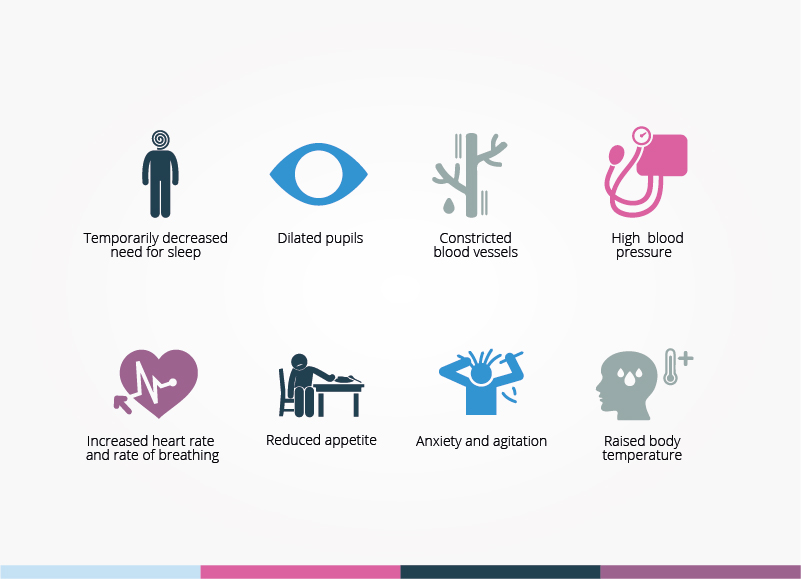

learning to live a new life with a new code of behavior.

examining past errors with the help of a sponsor (experienced member).coming to believe in a Higher Power that can give strength.admitting that one cannot control one's alcoholism, addiction or compulsion.Īs summarized by the American Psychological Association (APA), the process involves the following: All twelve-step programs utilize a version of AA's suggested twelve steps first published in the 1939 book Alcoholics Anonymous: The Story of How More Than One Hundred Men Have Recovered from Alcoholism. Since that time dozens of other organizations have been derived from AA's approach to address problems as varied as drug addiction, compulsive gambling, sex and overeating. Developed in the 1930s by alcoholics, the first twelve-step program, Alcoholics Anonymous (AA), aided its membership to overcome alcoholism. Twelve-step programs are mutual aid organizations for the purpose of recovery from substance addictions, behavioral addictions and compulsions. A logistic regression of clinician's knowledge and awareness of Cognitive Behavioral Therapy effectiveness and preference for the twelve-step model was correlated with referring exclusively to twelve-step groups. Ī survey of a cross-sectional sample of clinicians working in outpatient facilities (selected from the SAMHSA On-line Treatment Facility Locator) found that clinicians only referring clients to twelve-step groups were more likely than those referring their clients to twelve-step groups and "twelve-step alternatives" to believe less strongly in the effectiveness of Cognitive Behavioral and psychodynamic-oriented therapy, and were likely to be unfamiliar with twelve-step alternatives. Religiosity was inversely related to participation in Secular Organizations for Sobriety.

Analysis of the survey results found a significant positive correlation between the religiosity of members and their participation in twelve-step programs (these programs describe themselves as spiritual rather that religious) and to a lesser level in non-religious SMART Recovery groups, the correlation factor being three times smaller for SMART Recovery than for the twelve-step addiction recovery groups. The survey found group participation increased when the individual members' beliefs matched those of their primary support group (many addicts are members of multiple addiction recovery groups). One survey of members who found active involvement in any addiction recovery group correlates with higher chances of maintaining sobriety. Some programs may advocate a reduction in the use of drugs rather than outright abstention. Different groups use different methods, ranging from completely secular to explicitly spiritual. Drug addiction recovery groups are voluntary associations of people who share a common desire to overcome their drug addiction.


 0 kommentar(er)
0 kommentar(er)
